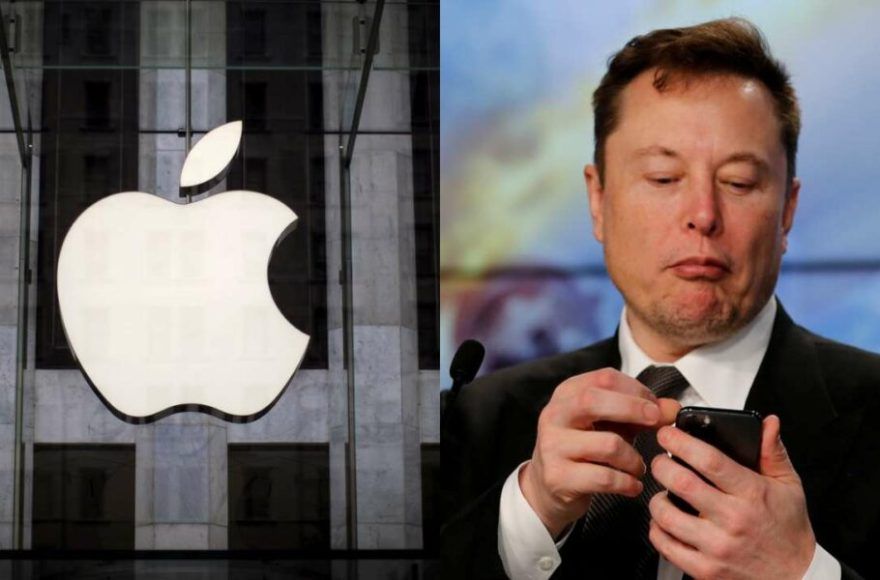Elon Musk Threatens Antitrust Lawsuit Against Apple Over AI App Rankings 🚨📱
-

Elon Musk is ready to take Apple to court — claiming the tech giant is unfairly boosting OpenAI in the App Store while blocking rivals from the top charts.
 Key claims from Musk & xAI:
Key claims from Musk & xAI:Apple allegedly gives exclusive ranking favoritism to OpenAI’s ChatGPT, leaving other AI apps at a disadvantage. Musk says X (Twitter) and Grok — xAI’s chatbot — are deliberately excluded from the “Must-Have Apps” section despite strong user numbers. Current App Store rankings (US, free apps): #1 – ChatGPT (OpenAI) ✅ Must-Have badge #6 – Grok (xAI) 🚫 No Must-Have badge #67 – Gemini (Google) 🚫 No Must-Have badge Why this matters:
Why this matters:Monopoly concerns: If proven, Apple’s “featured” spots may be shaping AI market dominance before real competition can emerge. Regulatory heat: US and EU regulators are already watching Apple closely; this could trigger deeper antitrust probes. Investor impact: A high-profile legal fight could affect Apple’s stock sentiment — and potentially its AI rollout strategy. Background:
Background:Apple has a partnership with OpenAI. On Aug 7, 2025, OpenAI unveiled GPT-5, which will be integrated into Apple Intelligence with the release of iOS 26 in September. Musk has long been critical of OpenAI’s direction and its ties to Big Tech, positioning xAI’s Grok as a more open alternative. Market takeaway:
Market takeaway:If Musk’s lawsuit proceeds, watch AAPL, MSFT (OpenAI investor), and AI app competitors for volatility. Could also boost sentiment for “Apple-alternative” AI ecosystems if the narrative shifts toward decentralization and open access. -
If Musk’s claims hold water, this isn’t just a petty “App Store rankings” dispute — it’s a classic Big Tech market-shaping move before the competition has even had a fair chance. Apple featuring ChatGPT with a “Must-Have” badge while excluding Grok and Gemini effectively bakes user bias into the discovery process. In a market as young and fast-moving as consumer AI, early exposure can lock in market share for years.
And with OpenAI’s GPT-5 set to ship natively in iOS 26, the antitrust optics couldn’t be worse. Even if Apple argues it’s about “quality” or “integration,” regulators in the US and EU might see it as leveraging platform control to favor a partner — something that’s already under scrutiny in other parts of their business. If this lawsuit moves forward, it could become a landmark case in defining what “fair competition” means in AI distribution channels. -
Musk’s angle here is smart — he’s not just making noise about Grok being #6 without a badge, he’s framing it as a structural monopoly problem in AI adoption. If Apple is curating the App Store to push one AI provider over others, then they’re essentially deciding who gets to win in this space. And that has huge ripple effects — not just for Grok, but for every small AI startup hoping to compete.
The interesting wildcard is how investors react. A prolonged legal battle could shake confidence in Apple’s AI rollout, potentially boosting stock sentiment for rivals like Google, Anthropic, or even open-source AI ecosystems. But make no mistake: if Apple loses, it could trigger a fundamental shift in how app store “featured” spots are regulated. This isn’t just an Apple vs Musk fight — it’s a fight over who gets to control AI’s on-ramp to billions of users.

















